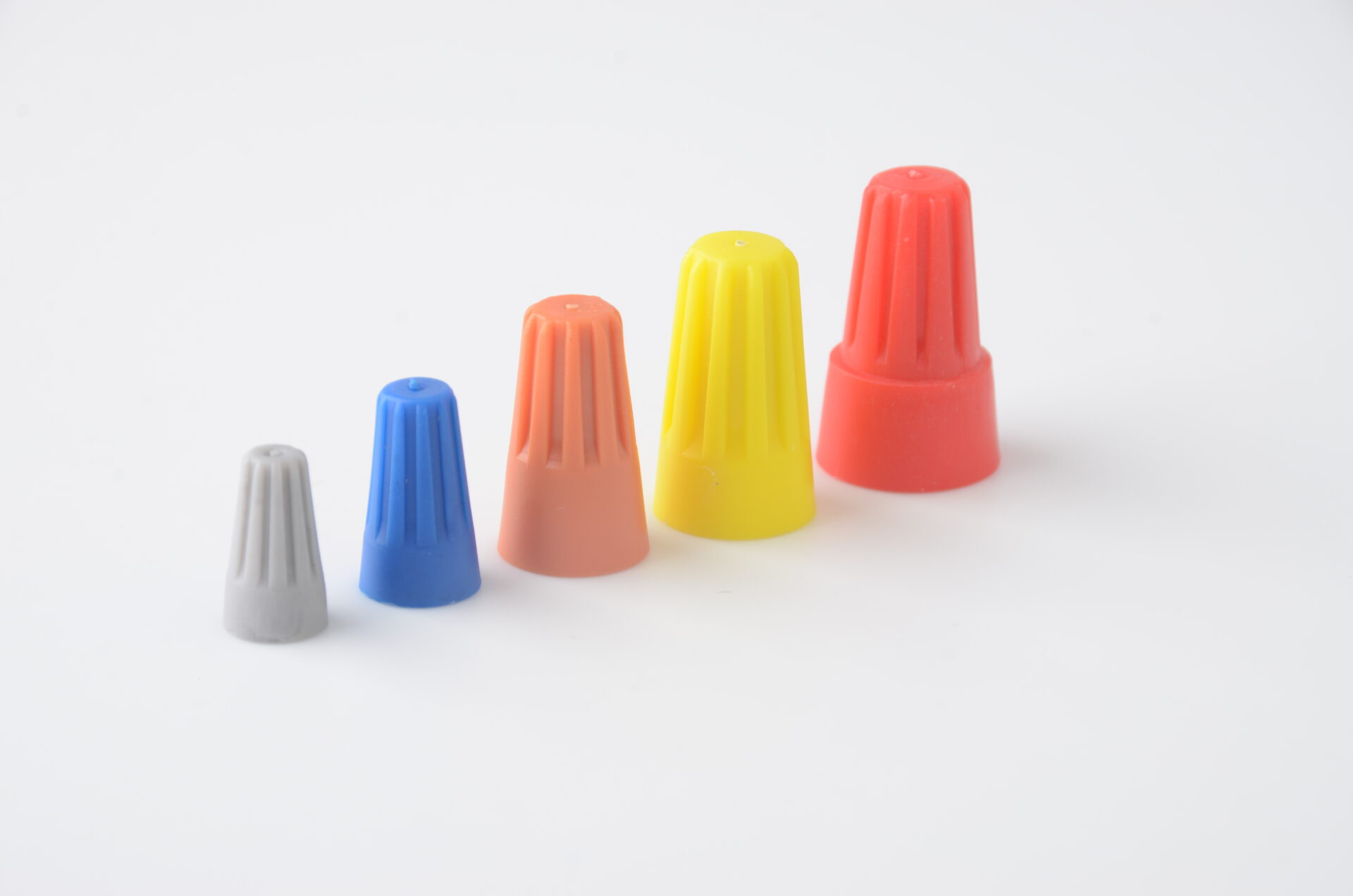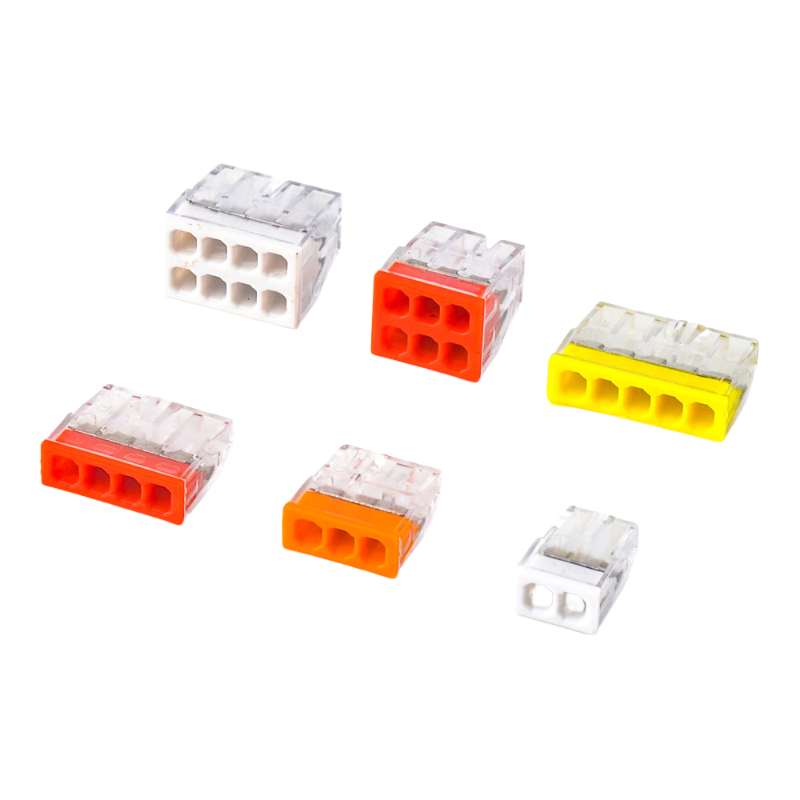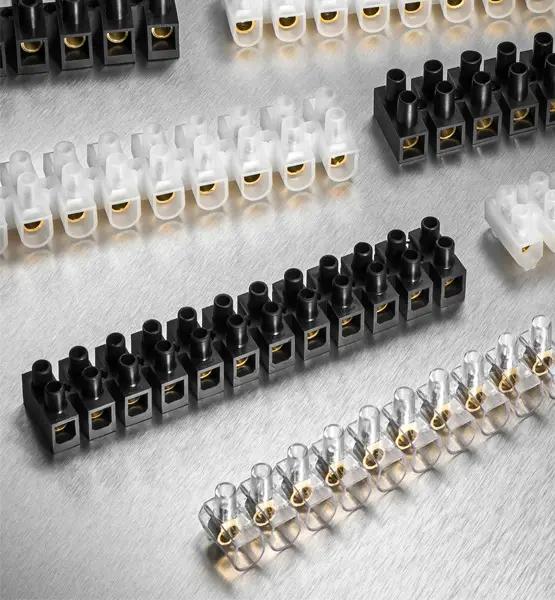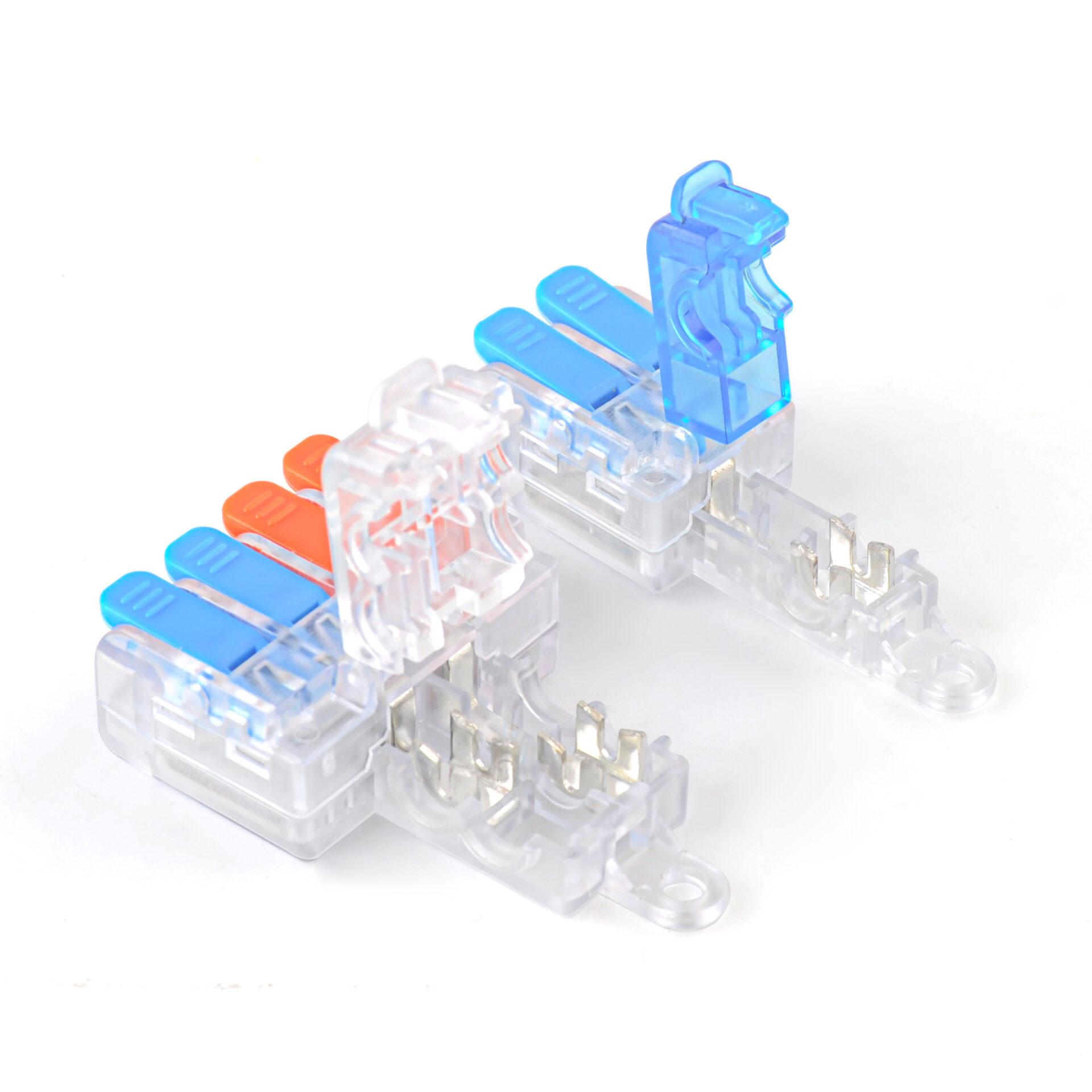Whar are Electrical wire connectors?
Electrical wire connectors are specialized devices used to safely join or splice two or more electrical wires together, creating a secure electrical connection. These connectors are essential for ensuring that wires are properly connected, insulated, and capable of handling the electrical current safely. They are widely used in residential, commercial, automotive, industrial, and many other applications where electrical wiring is involved.





